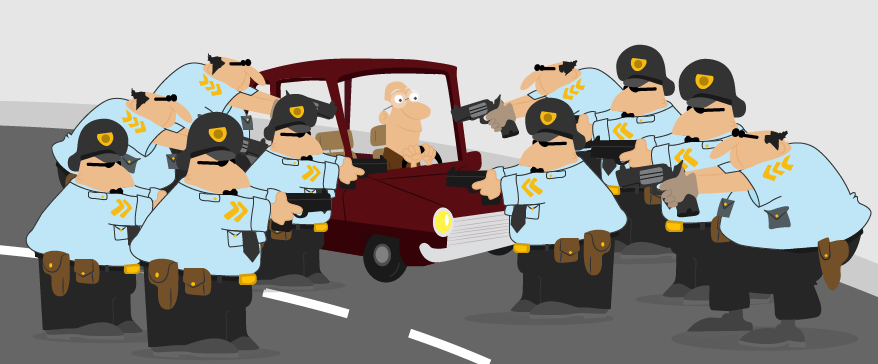In Sudbury, Ont., a new anonymous hotline will potentially be implemented in order for residents to be able to report seniors they think shouldn’t be on the road anymore.
The new anonymous phone line has been designed to warn officers about seniors which the caller considers unfit to drive. According to the task force, it was apparently created in order to protect seniors.
That may be the case, but let’s delve deeper into the problem here. The Ministry of Transport of Ontario’s most recent Road Safety Annual Report from 2008 includes information on the number of collisions, fatal or otherwise.
One section called “Occurrence of Driver Condition in Drivers Killed,” we can see only three criteria that might be applicable to the case of seniors. The criteria, such as use of impairing drugs, fatigue, and medical/physical disability, put together make for 6.1 per cent of all drivers implicated in an accident.
In the section on “Driver Age by Driver Condition in all Collisions,” it is shown that most accidents are not due to seniors. In fact, according to the data, it would be wiser to assess the driving abilities of 21-year-olds.
The report goes on to state that the age group 75 and older account for roughly three to five per cent of the total number of accidents. So if the number of accidents for this age group is not as big a concern as in other groups, what made the police consider this ridiculous idea?
Another reason might be the frequency and quality of the assessment of a senior’s driving ability. However, senior drivers fill out medical forms quite often. The medical examination form is filled out for different reasons, such as a change of driver’s licence, change in health status and/or age group and treatment or prescriptions taken. But there is a reason why this medical examination form is called medical: it needs a trained health professional to assess it.
And, after all, the police task affirms that the first measure taken after receiving the call would be to check its validity by requiring the expert’s opinion.
So what is the main purpose of this measure if its implementation would not drastically reduce the incidence of accidents? It just adds an anonymous intermediate, with an unknown qualification, where every single piece of information would have to be checked. Needless to say, this sounds expensive and useless.
Having a phone call made from an anonymous person is absolutely pointless. Seniors are those who produce one of the least elevated number of accidents and they are the group most frequently checked by a physician.
And after all, by definition this action could be called discrimination by age. Have they considered installing such a phone line in a hospital or at a local CLSC, for example? I think the seniors would be more grateful to receive a quick medical assessment instead of a convocation for a medical exam to determine their driving fitness.
Graphic by Jennifer Kwan




